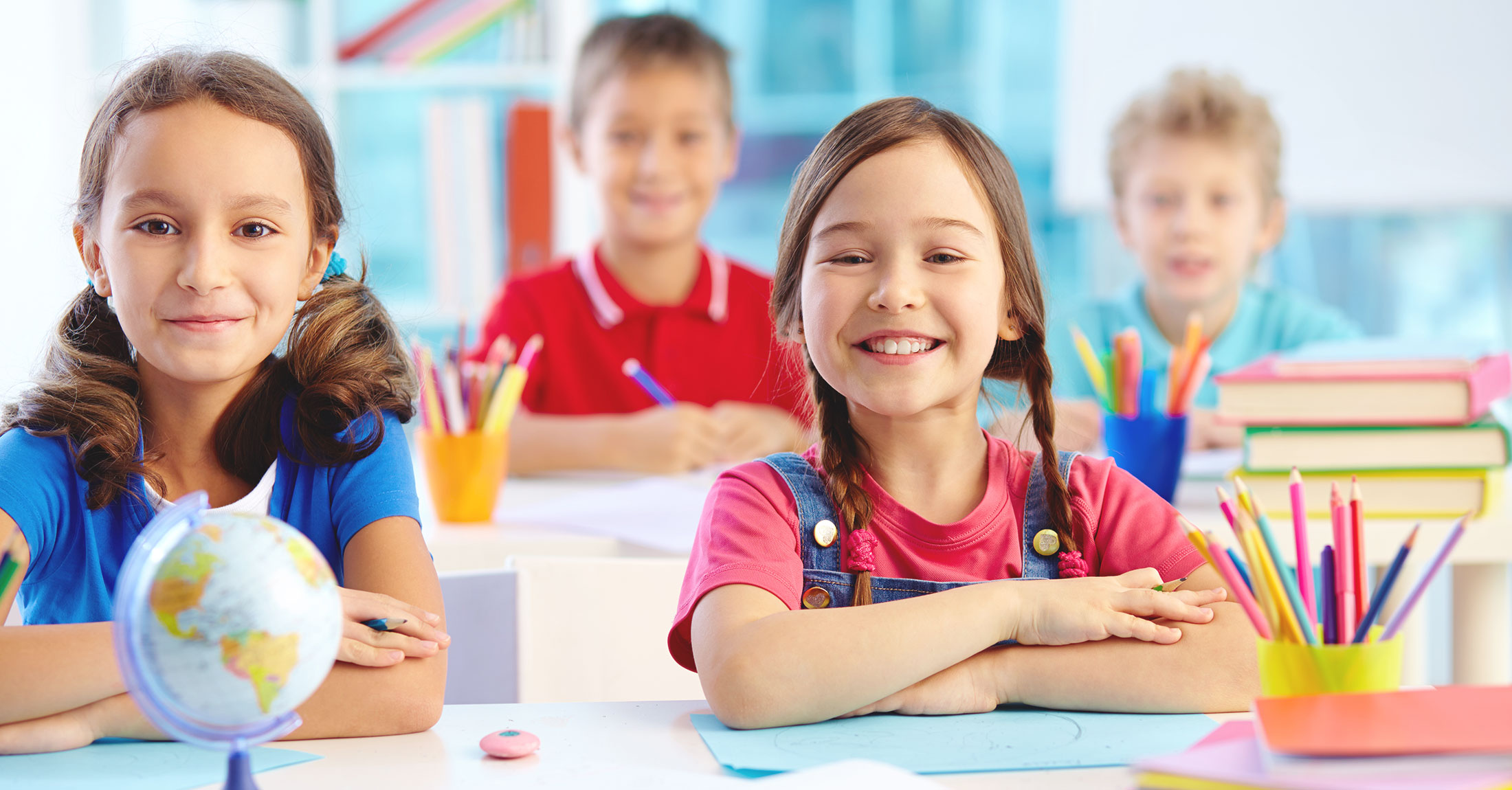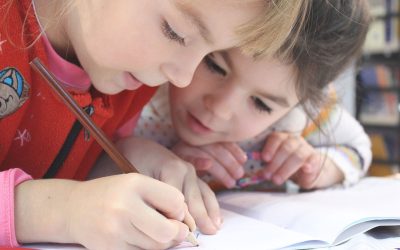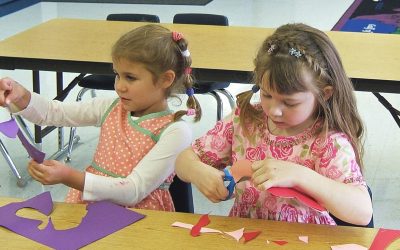Development pathways are highly individual, and there’s considerable diversity within giftedness. There are many ways in which combinations of attributes, abilities, and creative inclinations play out and influence the fullness of life. Moreover, the contexts in which people find themselves (or create), and the supports they’re able to acquire, also have a bearing on developmental trajectories across domains.
Most importantly, however, consider this:
“Broad categories such as gifted and female and male can sometimes assist parents and educators in thinking about how to proceed with a child’s education and development, but it’s critically important not to lose sight of the unique person behind any label or grouping.”
~ Matthews and Foster, in Being Smart about Gifted Learning, 3rd Edition, p. 299
The goal of gifted education should be to find and implement an optimal educational match for each child’s interests, abilities, and well-being—and to maintain flexibility because these targets will inevitably change over time. Gifted education should be encouraging, inclusive, and ensure meaningful and appropriately differentiated opportunities for children with advanced learning needs.
Dumbing Down?
“Here’s to strong women. May we know them. May we be them. May we raise them.”
~ Michelle Obama
There are some essential considerations for parents of bright, capable girls. A particularly relevant one pertains to “dumbing down”—that is, purposefully lessening levels of competence.
Many girls embrace their high intelligence and ambition. However, some may decide to “dumb down” their academic performance or behavior for the sake of social acceptance or popularity (altering the “Wow! You’re so smart!” perspectives of others). or because they perceive of themselves as less capable than they really are. They may procrastinate, lose interest in tasks or activities, and thwart their own achievements, resourcefulness, or creative expression.
Dumbing down can have serious consequences because academic, extracurricular, and other kinds of choices that are made early on can influence the availability of subsequent choices. For example, consider college prerequisites. A teenage girl who decides to take trigonometry, physics, or calculus in high school avails herself of a broad range of future careers across a plethora of fields in STEM-related areas such as engineering, healthcare, architecture, and the sciences. Or think about creativity, and how pursuits in drama, artistic design, or music composition may be furthered when encouraged and supported, and when individuals choose to be creative and are given the chance to o-create their learning options.
Moreover, for some girls, participation in gifted learning experiences—as opposed to dumbing down interests or shying away—maximizes opportunities. It can motivate, lead to authentic self-discovery, and be empowering while riding the rollercoaster of adolescence and young adulthood.
(For more information about “dumbing down, see my article Dumbing Down: Why? What Are the Signs? What Can Parents Do? at The Creativity Post.)
Three More Important Considerations for Parents and Kids
“Become the change-makers. The world needs you.”
~ Milala Yousafzai
1) There are myriad differences in how kids mature—and developmental paths are not evenly paved or set in stone. Confidence, flexibility, an upbeat attitude and outlook, and healthy perspectives on what giftedness is (and is not) is enabling! A positive and informed mindset can help kids mitigate difficulties. These are impactful ways to nurture success. For some practical ideas to help kids succeed, see the article Parenting Gifted Learners: Addressing Uncertainties and Misconceptions wherein I discuss program suitability and relevance, and much more.
2) Program provisions in schools are becoming increasingly in tune with initiatives that are aligned with fair gender equity policies and practices. Maths and science test scores are reflecting this shift and, in fact, in some countries, girls are now outperforming boys in the hard sciences. There are reasons for optimism as educators avail themselves of resources that promote girl-friendly programming, instruction, and assessment approaches in STEM subjects. Enhancing learning opportunities for girls benefits all students.
3) Youth is a time when people across the learning spectrum can acquire and practise the skills and habits conducive to a successful and independent adult life. Areas of focus to consider include decision-making; confidence; issues relating to development (including asynchrony and areas of strength and weakness); stereotypical views of others (as they apply to girls, giftedness, or both); identity concerns; and matters that pertain to academics, creative outlets, interests, and the inevitable changes that occur as everyday life unfolds. For girls who have high-level abilities, these important considerations may be compounded if they’re feeling adrift amidst the many dimensions of potential scholastic, social, or emotional gifted-related turmoil. (See the resource links listed below for some helpful strategies.)
“Remember, in the whole scheme of things, achievement, success, and fulfillment mean something different to each of us. For many it is not scholastic in nature—it has more to do with developing attributes such as creativity, resilience, and integrity.”
~ Psychologist and Author Robert Sternberg
LAST WORDS
It makes good sense to talk with kids about their feelings and actions, working together to find the best ways forward, and determining how to foster their well-rounded development. Gifted education should be encouraging and inclusive, working to support the optimal development of all children, while at the same time ensuring worthwhile and suitably aligned learning opportunities—ones that respect and address the needs of those who are advanced in one or more domain. Indeed, girls’ strengths, talents, curiosities, and aspirations must be honored, not sidelined. (For more on this, check out the conversation on The Babblery, wherein I join a panel of informed professionals who share their views on giftedness and girls.)
And so, the bottom line? Let’s empower girls and boys, children and adolescents, so they can find a healthy balance in their lives—one that nurtures their abilities, creativity, and overall development.
AUTHOR’S NOTE:
This piece is adapted in part from material in Chapter 10 of Being Smart about Gifted Learning, 3rd Edition (by Dona Matthews and Joanne Foster).
For additional resource information on gifted learners, check out the articles Meeting Gifted Learning Needs and Fostering Children’s Effort; and Gifted/High-Ability Learners.
And, as noted above, I invite you to listen to The Babblery Podcast episode on Giftedness and Girls, released August, 2024. Host Suki Wessling interviewed me and other professional women, and she shares our perspectives. We welcome your comments!








